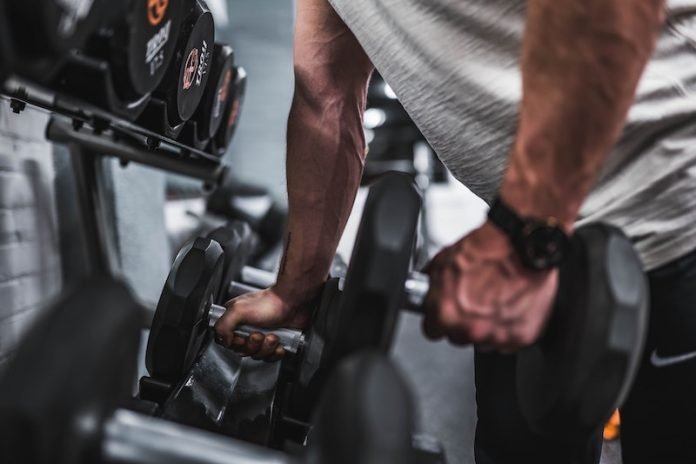
Have you ever heard of “long COVID”? It’s a condition that can affect people who have recovered from COVID-19.
In some cases, people who have had COVID-19 can continue to experience symptoms for a long time after they’ve been diagnosed.
These symptoms can include things like fatigue, shortness of breath, and a decrease in exercise tolerance.
Scientists are trying to figure out why some people develop long COVID and what can be done to help them.
Recently, a group of researchers from Yale University conducted a study to try to better understand this condition.
To study long COVID, the researchers used a special test called invasive cardiopulmonary exercise testing.
This test measures how well the body can extract oxygen from the blood during exercise.
The researchers also looked at thousands of different proteins in the blood of people with long COVID to try to understand what might be causing their symptoms.
The study found that there were two types of people with long COVID. Some people had a mild decrease in their ability to extract oxygen from the blood during exercise, while others had a severe decrease.
The researchers discovered that people with a severe decrease had higher levels of certain proteins in their blood that are related to inflammation, fibrosis, and problems with the inner lining of blood vessels in the lungs.
These findings are important because they suggest that there may be different types of long COVID, and that different people may need different types of treatment.
By understanding more about what causes long COVID, scientists can develop new treatments to help people who are struggling with this condition.
It’s important to remember that there is still much we don’t know about long COVID.
Scientists are working hard to understand this condition better so that they can develop new treatments and help people who are suffering.
If you or someone you know is experiencing symptoms of long COVID, it’s important to talk to a doctor and get the help you need.
How to recover quickly from long COVID
There is still much we don’t know about long COVID, and there is currently no known cure for the condition. However, there are some things you can do to help your body recover and feel better.
One of the most important things you can do is to get plenty of rest. Long COVID can cause fatigue and exhaustion, so it’s important to give your body time to recover.
Make sure you’re getting enough sleep each night and taking breaks throughout the day to rest and relax.
It’s also important to eat a healthy, balanced diet. This can help provide your body with the nutrients it needs to heal and recover. Try to eat plenty of fruits, vegetables, whole grains, lean proteins, and healthy fats.
Exercise can also be helpful in recovering from long COVID, but it’s important to start slowly and gradually increase the intensity of your workouts.
Talk to your doctor before starting any exercise program to make sure it’s safe for you.
In addition to these lifestyle changes, there are also some medical treatments that may be helpful for people with long COVID. F
or example, some people may benefit from oxygen therapy or physical therapy. Your doctor can help you determine what treatments may be right for you.
Finally, it’s important to remember that recovery from long COVID can be a slow and gradual process. Be patient with yourself and listen to your body.
If you’re experiencing symptoms that are interfering with your daily life, talk to your doctor about what you can do to manage them.
If you care about health, please read studies about how eating eggs can help reduce heart disease risk, and why beetroot juice can strongly boost muscle force in exercise.
For more information about health, please see recent studies about how espresso coffee affects your cholesterol level, and results showing vitamin D could help lower the risk of autoimmune diseases.
The study was conducted by Inderjit Singh et al and published in Pulmonary Circulation.
Copyright © 2023 Knowridge Science Report. All rights reserved.



